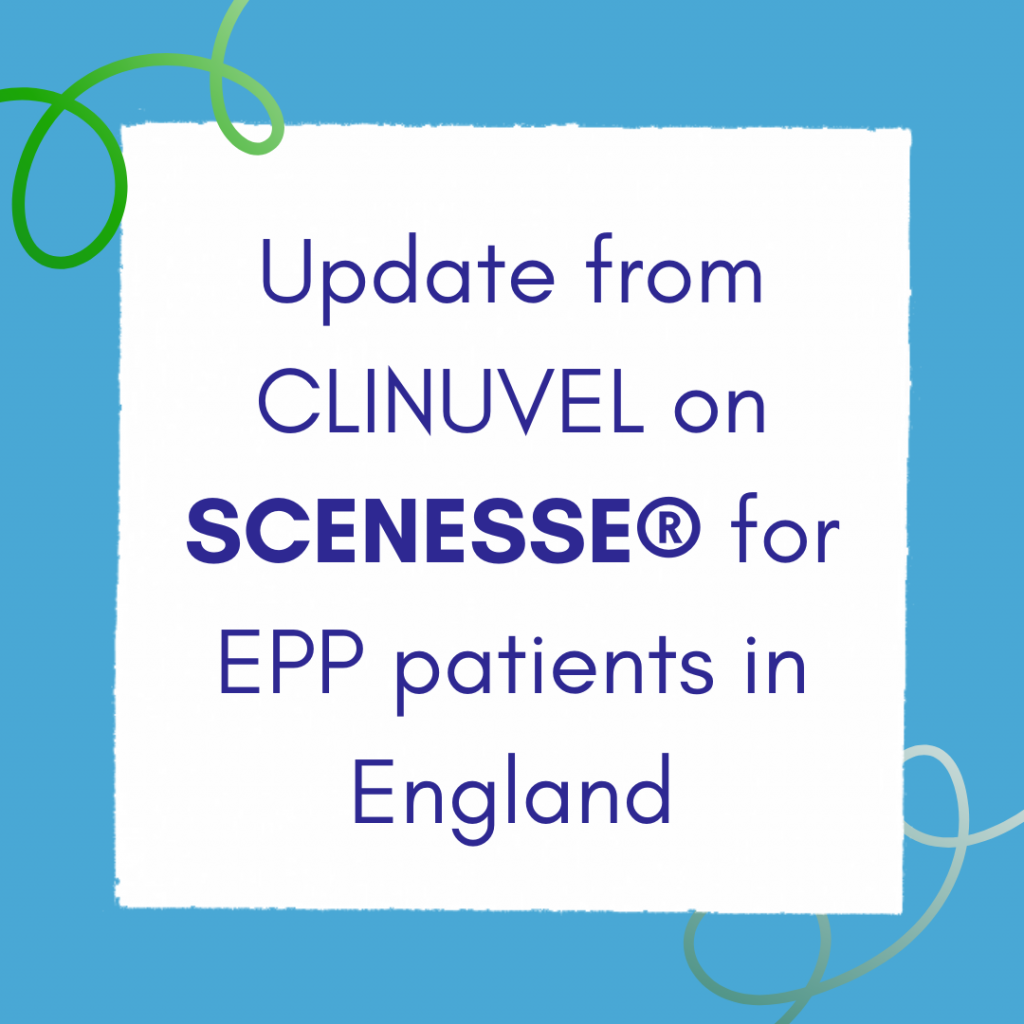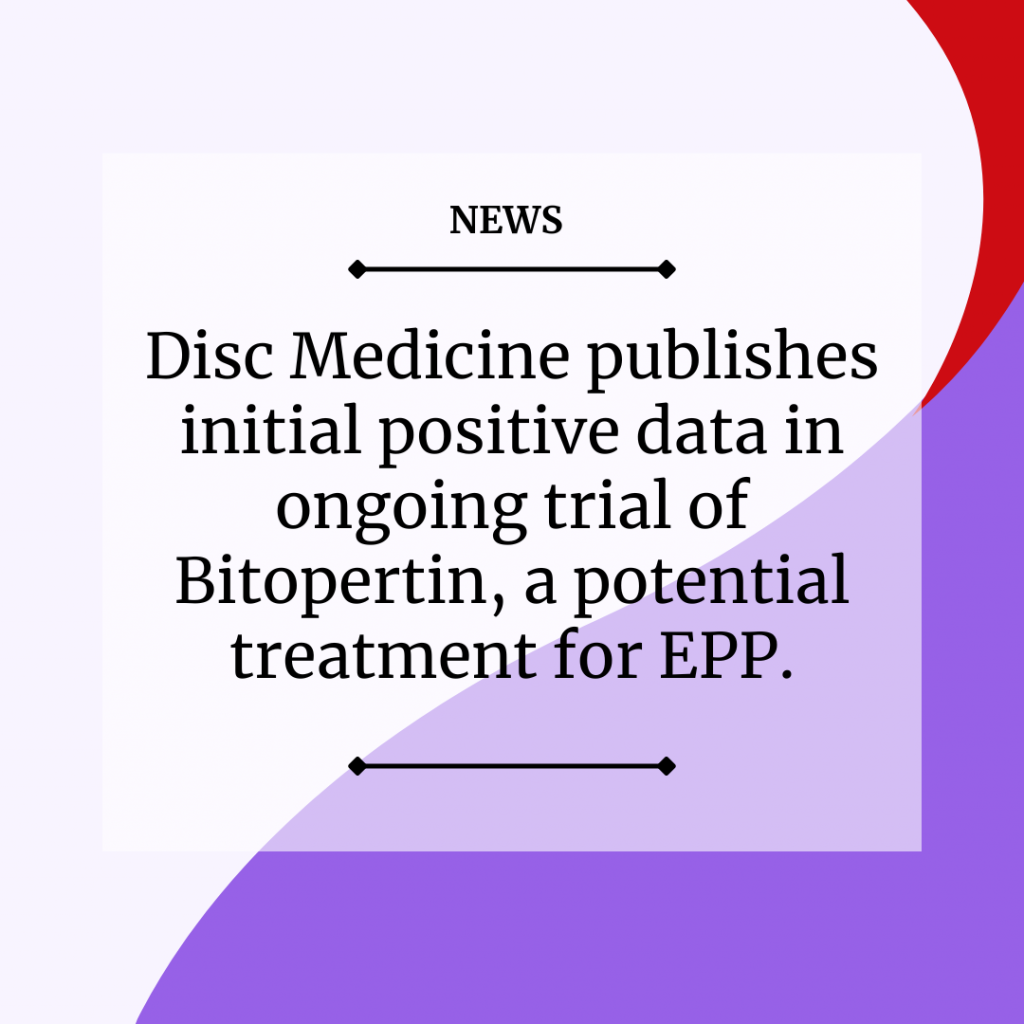We are entrants in the Smiley Charity Film Awards 2025 – and we need YOUR vote to win!
In 2024, through months of expert planning, sun-safe woodland environments, and dedicated support teams, the BPA created a unique outdoor activity weekend where young people with EPP could safely explore nature together.
The film captures the joy, connection, and profound sense of belonging that emerged as participants met others who truly understood their daily challenges.
BPA featured in latest issue of Rarity Life magazine
“We are delighted with the impact gene-silencing treatments have had on the course of acute porphyria for those with recurrent attacks. It’s a powerful reminder that progress is possible, and hope is real!
But there is still much to be done: raising awareness, improving diagnosis, and supporting those with sporadic attacks and chronic pain.”
Co-CEOs of the BPA, Liz Gill and Sue Burrell, are featured in the latest edition of Rarity Life magazine from Same But Different, talking about their personal experiences of living with acute intermittent porphyria and the transformative possibilities of gene-silencing medication.
Read the full issue and find out more about gene-silencing medication Givosiran and its current availability in the UK on our Treatments & Research page.







